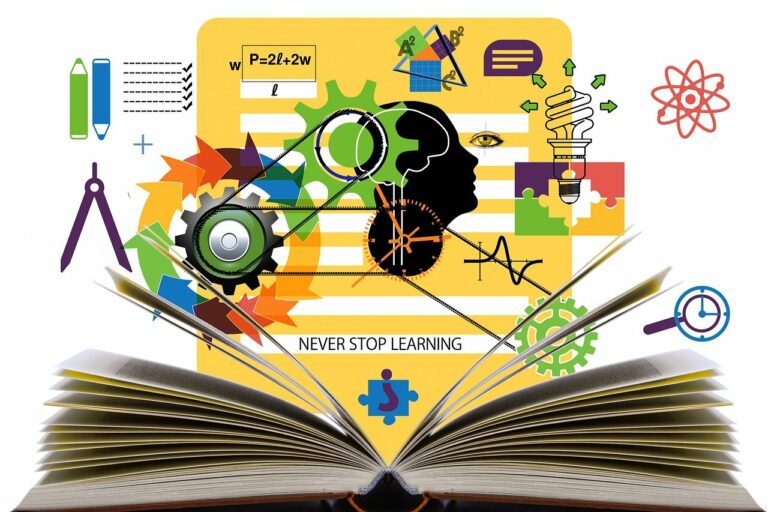Mindfulness Practices for Students: Cultivating Focus and Calm
Mindfulness practices have been increasingly recognized for their ability to foster self-awareness and reduce stress among students. By incorporating techniques such as deep breathing exercises and guided meditation into daily routines, students can cultivate a greater sense of presence and focus in their academic endeavors. This heightened state of awareness not only enhances cognitive abilities but also promotes emotional regulation, leading to improved overall well-being. As a result, students are better equipped to navigate challenges and setbacks with resilience and clarity, ultimately enhancing their academic performance and personal growth.
Moreover, incorporating mindfulness practices in the classroom can create a more positive and supportive learning environment. By encouraging students to engage in mindfulness exercises, educators can help them develop vital skills such as concentration, attention, and problem-solving abilities. This holistic approach to education empowers students to manage their emotions effectively and develop a deeper connection with their learning experience. As mindfulness becomes a regular part of their routine, students are better equipped to cope with the pressures of academic life and form meaningful connections with their peers, fostering a sense of community and understanding within the school environment.
Understanding the Impact of Stress on Student Performance
Stress can significantly influence the academic performance of students. When students experience high levels of stress, it can impair their ability to concentrate, retain information, and effectively solve problems. This can lead to decreased academic achievement and overall well-being. Students under stress may also exhibit physical symptoms such as headaches, fatigue, and disrupted sleep patterns, further impacting their performance in school.
Moreover, chronic stress can affect students’ emotional and mental health, leading to feelings of anxiety, depression, and low self-esteem. This can create a negative cycle where stress reduces academic performance, leading to further stress and emotional distress. Understanding the pervasive impact of stress on students’ performance is essential for educators and school administrators to create supportive environments that promote mental health and overall well-being.
Chronic stress impairs concentration, retention of information, and problem-solving abilities
Physical symptoms such as headaches, fatigue, and disrupted sleep patterns can also affect academic performance
Emotional and mental health issues like anxiety, depression, and low self-esteem are common outcomes of chronic stress
Negative cycle: Stress reduces academic performance leading to further stress and emotional distress
Educators and school administrators must create supportive environments to promote mental health
Techniques for Cultivating Focus in the Classroom
Incorporating mindfulness practices into the daily routine can help students improve their focus and attention span. Simple techniques like deep breathing exercises or short mindfulness sessions at the beginning of the class can create a conducive environment for learning. Additionally, reducing external distractions in the classroom, such as noise or clutter, can also aid in enhancing students’ capacity to concentrate on their tasks.
Engaging students in interactive and hands-on activities can stimulate their interest and boost their focus during lessons. Implementing group discussions, practical demonstrations, or visual aids can make the learning experience more engaging and memorable for students. Providing regular breaks during longer lessons can also prevent burnout and help students maintain their concentration throughout the day.
What are some benefits of mindfulness practices for students?
Mindfulness practices can help students improve their focus, reduce stress, enhance their emotional regulation, and increase their overall well-being.
How does stress impact student performance in the classroom?
Stress can impair a student’s ability to focus, retain information, and problem-solve effectively. It can also lead to feelings of anxiety and overwhelm, further hindering academic success.
What are some techniques for cultivating focus in the classroom?
Some techniques for cultivating focus in the classroom include incorporating mindfulness exercises, encouraging breaks for movement and relaxation, providing clear expectations and instructions, and minimizing distractions in the learning environment.







